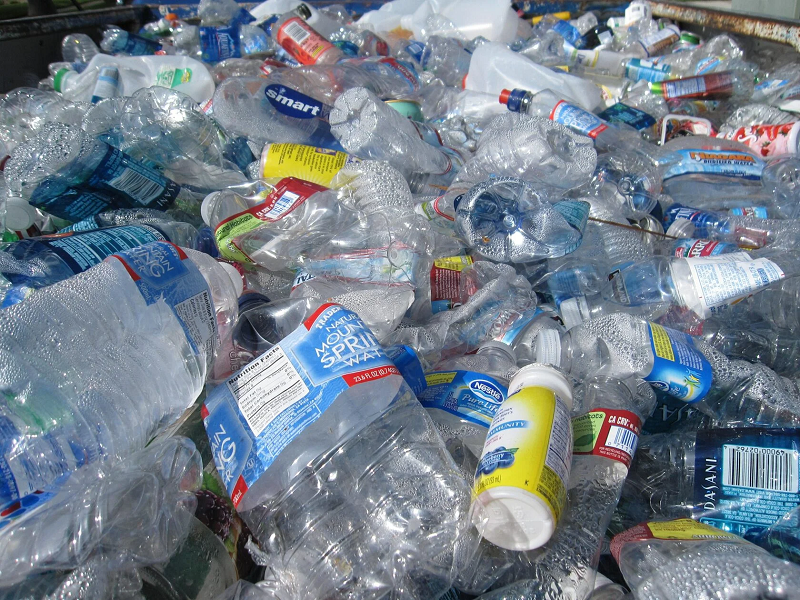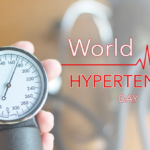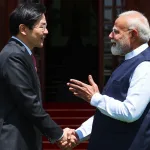By working together and collaborating, we can significantly reduce plastic pollution in the Kashmir Valley, safeguarding its healthy and scenic environment for current and future generations
With the increase in plastic usage, Kashmir is struggling with a pressing environmental challenge i.e. plastic pollution. Widespread plastic usage, coupled with inadequate waste management infrastructure, has led to the accumulation of plastic debris in water bodies, forests, and urban areas across the valley. From the crowded streets of Srinagar to the remote villages of the valley, plastic litter has become a ubiquitous sight.
As per estimates, over 51,000 tonnes of plastic waste is generated in J&K annually. This surge is attributed to factors like increased urbanization, consumerism, and inadequate waste management infrastructure. The problem lies not just in the quantity of plastic waste, but also in its improper disposal. In the absence of proper segregation at source and scientific waste collection systems, plastic ends up in landfills, rivers, streams, and even forests.
Main sources: Plastic has invisibly crept into everyday life in Kashmir Valley. The primary sources include:
Packaging and Retail
Retail outlets and markets rely heavily on plastic packaging for goods, including fruits, vegetables, and other consumer products. Single-use plastic bags are commonly used for packaging and carrying items, contributing to plastic waste generation.
Bottled Water Reliance
Concerns about tap water quality have led to a surge in bottled water consumption. Discarded plastic bottles litter roadsides, pollute waterways, and take years to decompose.
Disposable items
Food stalls and street vendors rely heavily
on plastic cutlery, cups for tea and coffee, and straws. These are used for mere minutes but linger in the environment for years.
Microplastics
Microplastics, tiny plastic fragments from various sources, are a growing concern. Synthetic clothes shed microplastics during washing, and car tire wear releases microplastics into the environment. These invisible pollutants eventually reach waterways and enter the food chain.
Construction and Infrastructure
Construction activities often involve the use of plastic materials such as PVC pipes, fittings, and insulation. Plastic packaging for construction materials and debris contributes to the accumulation of plastic waste in construction sites and surrounding areas.
Industrial Processes
Industries operating in the valley use plastic materials in their manufacturing processes, contributing to both primary and secondary sources of plastic pollution. Plastic packaging for raw materials and finished products adds to the overall plastic consumption and waste generation.
Waste Disposal Practices
Improper disposal of plastic waste, including littering and illegal dumping, further compounds the plastic problem in Kashmir Valley. Inadequate waste collection and disposal infrastructure result in plastic waste being scattered across urban and rural areas, polluting the environment.
Harmful impacts: The widespread use of plastic items in the valley has devastating effects. Some of them are:
Environmental Pollution
Plastic waste contaminates soil, water bodies, and air, adversely affecting ecosystems and biodiversity. Accumulation of plastic debris in natural habitats disrupts aquatic life and poses threats to terrestrial wildlife
through ingestion and entanglement.
Water Pollution
Plastic waste clogs waterways, impeding water flow and increasing the risk of flooding during monsoon seasons.
Health Hazards
Direct exposure to plastic pollutants and associated chemicals can lead to respiratory problems, skin irritations, and other health issues. Consumption of contaminated food and water due to plastic pollution can result in gastrointestinal problems and long-term health consequences.
Agricultural Contamination
Plastic pollution in agricultural fields hinders soil fertility and water retention, impacting crop productivity and food security. Ingestion of plastic by livestock poses risks to animal health and can lead to economic losses for farmers.
Scenic Degradation
Plastic litter degrades the natural beauty of Kashmir Valley, diminishing its aesthetic appeal and cultural significance. Tourist destinations like Dal Lake and Mughal Gardens suffer from plastic pollution.
Economic Impacts
Costs associated with plastic waste management, including clean-up efforts and environmental remediation, strain local budgets and resources. Decline in tourism revenues due to environmental degradation and negative perceptions of plastic pollution affects livelihoods and economic development in the region.
Long-term Consequences
Persistent nature of plastic pollution leads to long-term environmental degradation, climate change and ecosystem instability. Inter-generational impacts of
plastic pollution threaten the well-being and prosperity of future generations in Kashmir Valley.
The impacts of plastic pollution in the Kashmir Valley are multifaceted and profound, extending across environmental, health, socio-economic, and cultural dimensions, with far- reaching consequences for the region’s well-being and sustainability. Thus, they need to be addressed.
Mitigation: Reducing plastic pollution in the Kashmir Valley demands concerted efforts from various stakeholders, each playing a critical role in implementing sustainable solutions. Some of the mitigation measures that can help reduce plastic pollution in Kashmir include:
Strict Enforcement
Aggressively enforce existing bans on single-use plastics (SUPs) like carry bags, straws, cutlery, and small PET bottles. This includes increasing penalties for violations, conducting regular inspections by designated authorities, and utilizing confiscated plastic for educational displays or upcycling projects.
Multi-Media Campaigns
Launch public awareness campaigns utilizing a variety of media channels, including local television, radio broadcasts, newspapers, social media platforms, and street signage. These campaigns should highlight the dangers of plastic pollution on Kashmir’s environment, showcase the beauty of the natural world threatened by plastic waste, and promote the benefits of reusable alternatives.
Educational Programs
Integrate plastic pollution awareness into school curriculums at all levels, from kindergarten to college. This can involve age-appropriate lessons on the lifecycle of plastic, the impact of plastic pollution on ecosystems and human
health, and responsible waste management practices. Additionally, encourage universities to conduct research on biodegradable materials and waste-to-energy solutions.
Community Engagement
Organize workshops and training sessions for communities on various aspects of plastic waste reduction. Topics can include waste segregation at home and in businesses, composting organic waste to reduce landfill pressure, and exploring sustainable alternatives for everyday products.
Invest in Waste Management Infrastructure
Increase investment in waste collection, segregation, and recycling facilities. This includes establishing designated collection points for different waste streams, building modern recycling plants with advanced sorting technologies, and ensuring proper training for waste management workers.
Promote Composting Initiatives
Support and promote composting initiatives at the household and community level. This not only reduces the amount of organic waste ending up in landfills alongside plastic but also creates nutrient-rich compost for gardens and agricultural use.
Volunteer Clean-Up Programs
Organize regular volunteer clean-up drives in tourist spots, natural areas, and urban centers to remove existing plastic pollution. Partner with local schools, environmental NGOs, and businesses to mobilize volunteers and raise awareness.
Eco-Clubs and Empowering Youth
Encourage the formation of eco-clubs in schools and colleges to promote environmental stewardship among younger generations. These clubs can organize educational activities, clean-up drives, and awareness campaigns within their communities.
Social Media
Utilize social media platforms to spread awareness about plastic pollution, share success stories of communities tackling the issue, and encourage responsible plastic use. Partner with local influencers and environmental activists to reach a wider audience and inspire behavioral change.
By working together and collaborating, we can significantly reduce plastic pollution in the Kashmir Valley, safeguarding its healthy and scenic environment for current and future generations.
(Authors are Integrated MSc students at Sri Pratab College Srinagar. Email: [email protected])








